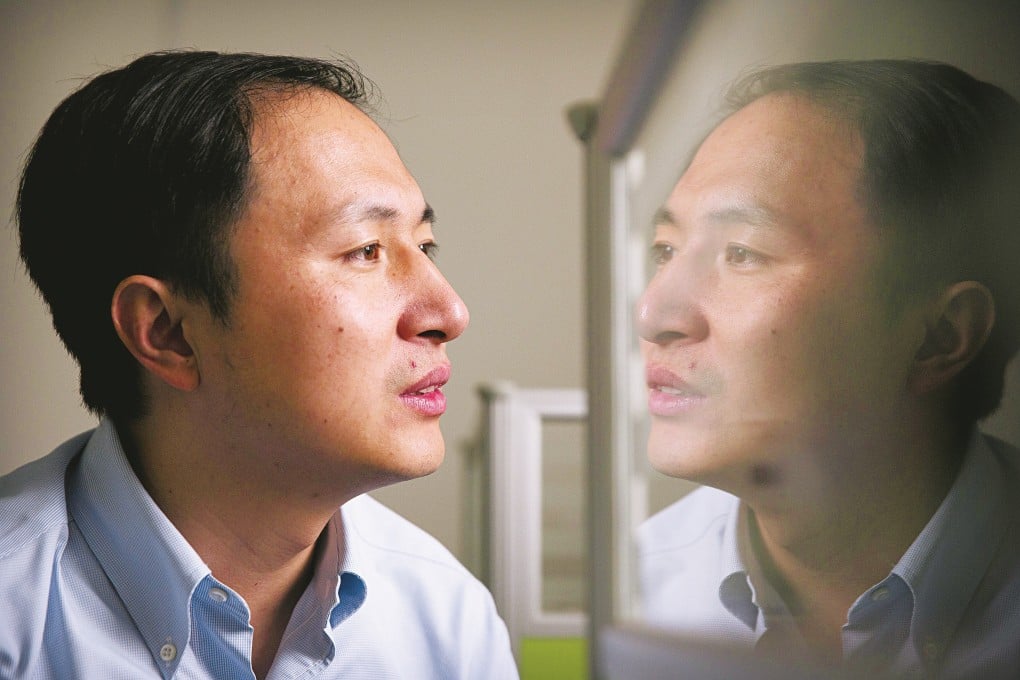Chinese rogue scientist’s gene-edited twin babies experiment still raises more questions than answers
- In November last year, Chinese scientist He Jiankui announced the birth of the world’s first gene-edited babies, unleashing a storm of criticism
- The director of CUHK’s Centre for Bioethics recently weighed in on the topic, including on how this might not have been an isolated event

When Chinese scientist He Jiankui walked onto the stage at the Second International Summit on Human Genome Editing in November last year to defend his creation of the world’s first gene-edited babies, he was already the focus of global attention and facing a barrage of criticism from his peers.
The scientist had in previous days announced the birth of twin girls – the world’s first gene-edited babies – unleashing a storm of criticism from scientists around the world.
Now, months later, questions continue to be raised about the consequences of the precedent-setting experiment.
It was day two of the summit, hosted in Hong Kong by the University of Hong Kong (HKU), and many doubted whether He would actually appear.
He Jiankui had used CRISPR technology to edit the baby girls’ DNA while in embryo – a procedure that scientists warn could have unpredictable and far-reaching consequences on their future health and longevity
The day before, one of China’s leading bioethicists, Professor Qiu Renzong of the Chinese Academy of Social Sciences, had slammed He’s gene-editing announcement, saying his experiments did not have “the least degree of ethical responsibility and acceptability”.
Dr Derrick Au Kit-sing, director of the Centre for Bioethics at the Chinese University of Hong Kong, was sitting in the third row of the packed HKU auditorium to hear He’s defence of his controversial experiment.